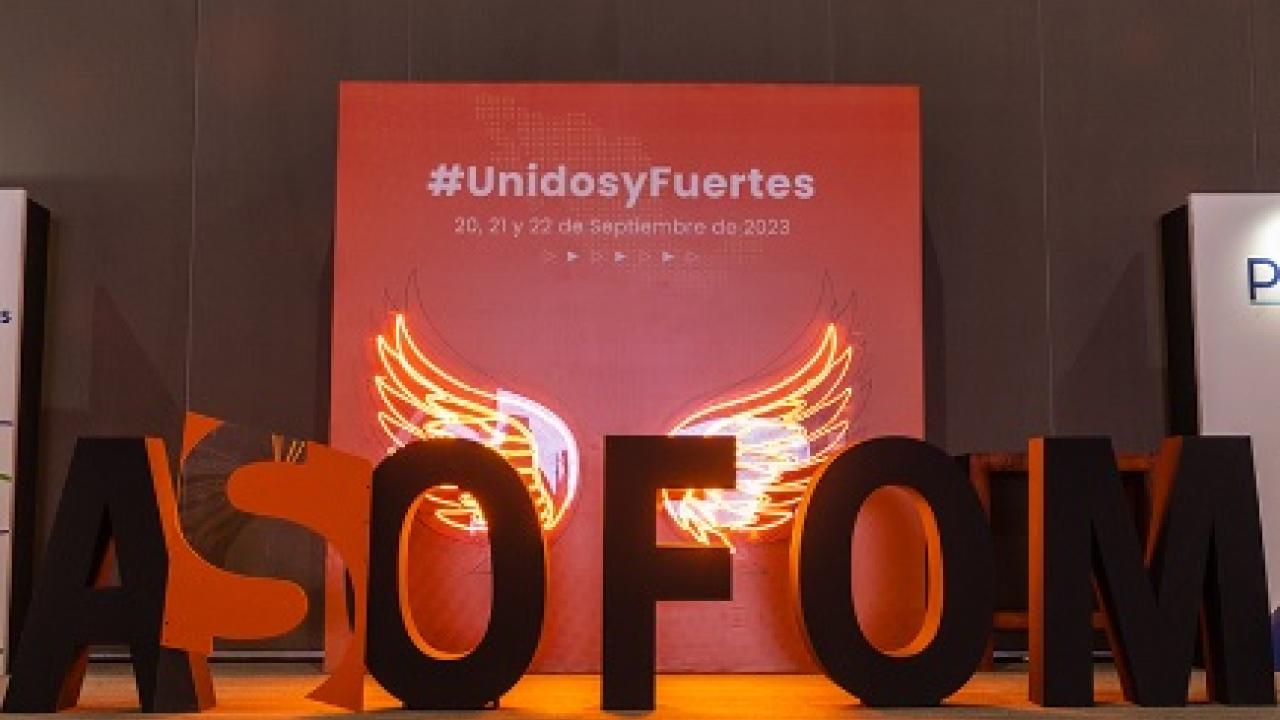
The disappearance of entities such as the National Financial Institution for Agricultural, Rural, Forestry and Fisheries Development (FND) affected a large part of these entities.
The funding of development banks to Multiple Purpose Financial Companies (Sofomes) was lacking during the six-year term; the disappearance of the National Agricultural, Rural, Forestry and Fisheries Development Fund (FND) affected a large part of these entities.
At a press conference of the Association of Sofomes (Asofom), representatives of the sector from across the country explained that the disappearance of the National Financial Institution for Agricultural, Rural, Forestry and Fisheries Development set a negative precedent for the sector and left impacts on several entities, as well as their clients.
“There was a very negative side to everything that happened with FND, there was no understanding, there was no rapprochement. We did all the lobbying possible to get closer and to reason about how and to show them that we are a sector that correctly lands the resources of the development bank, that there were Sofomes that were not usurious and where there were no cases of default,” said José Ignacio Díaz, regional president of the central zone of Asofom.
For his part, the representative of the Sofomes in the western region pointed out that the Sofomes that experienced the most difficulties were those whose 80% of their funding came from FND.
"By turning off the tap and leaving a big problem for the financial institution and for the clients as well. So I also believe that I am not lying, that I do believe that it is a very negative part of having that development bank closed so abruptly," said Moacyr Pérez, president of the western region of the association.
However, Oscar Cruz Torres, president of the southeast region, mentioned that after the disappearance of this organization, the Sofomes had the opportunity to serve small producers and large companies in the region he represents.
Although the conditions of funding from development banks are not sufficient to meet the needs of the sector, other development banking institutions have been flexible with the sector, giving space to programs created specifically to promote Sofomes.
They acknowledged that the Trusts Instituted in Relation to Agriculture (FIRA) has stood out as one of the sources of funding for the sector that has been maintained and even given way to innovation. The national vice president of the Association, Javier Garza, pointed out that the National Bank of Foreign Trade and the National Financial Institution (Nafin) have also played an active role.
"You have to understand that we are new players and they were always used to dealing with banks, with specific regulations, with very precise measurements. We entered with them, they recognized us and it took their risk areas time to get to know them and differentiate that they are not banks," Garza commented.
Cruz, president of the southeastern region of Asofom, explained that these programs did not exist years ago and have facilitated the possibility of groups of Sofomes being funded.
"They have the program of intermediaries in development to have direct operation, many programs are coming out, it is a gradual process, to be able to reach everyone. There is a good expectation or with the new administration of the Ministry of Economy, we have faith that good programs can come out and revive the development bank more strongly," he said.









